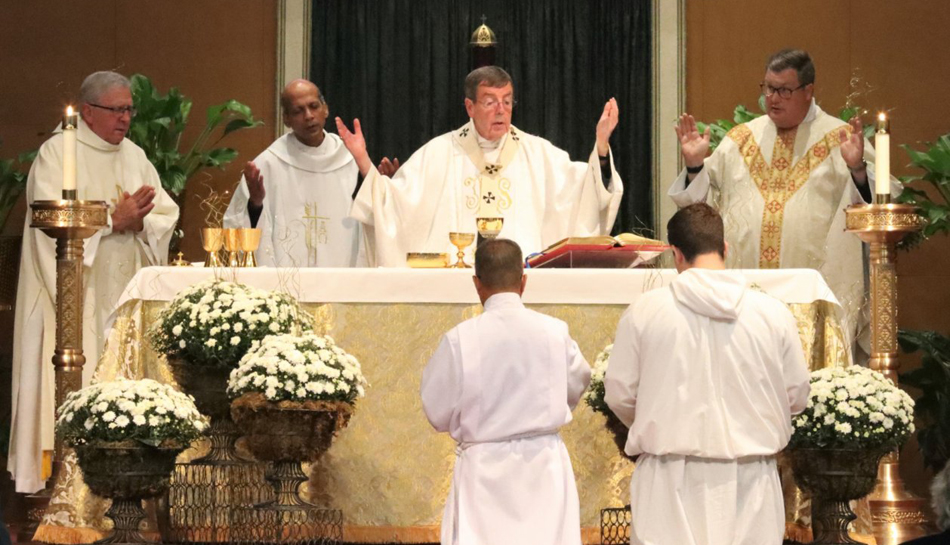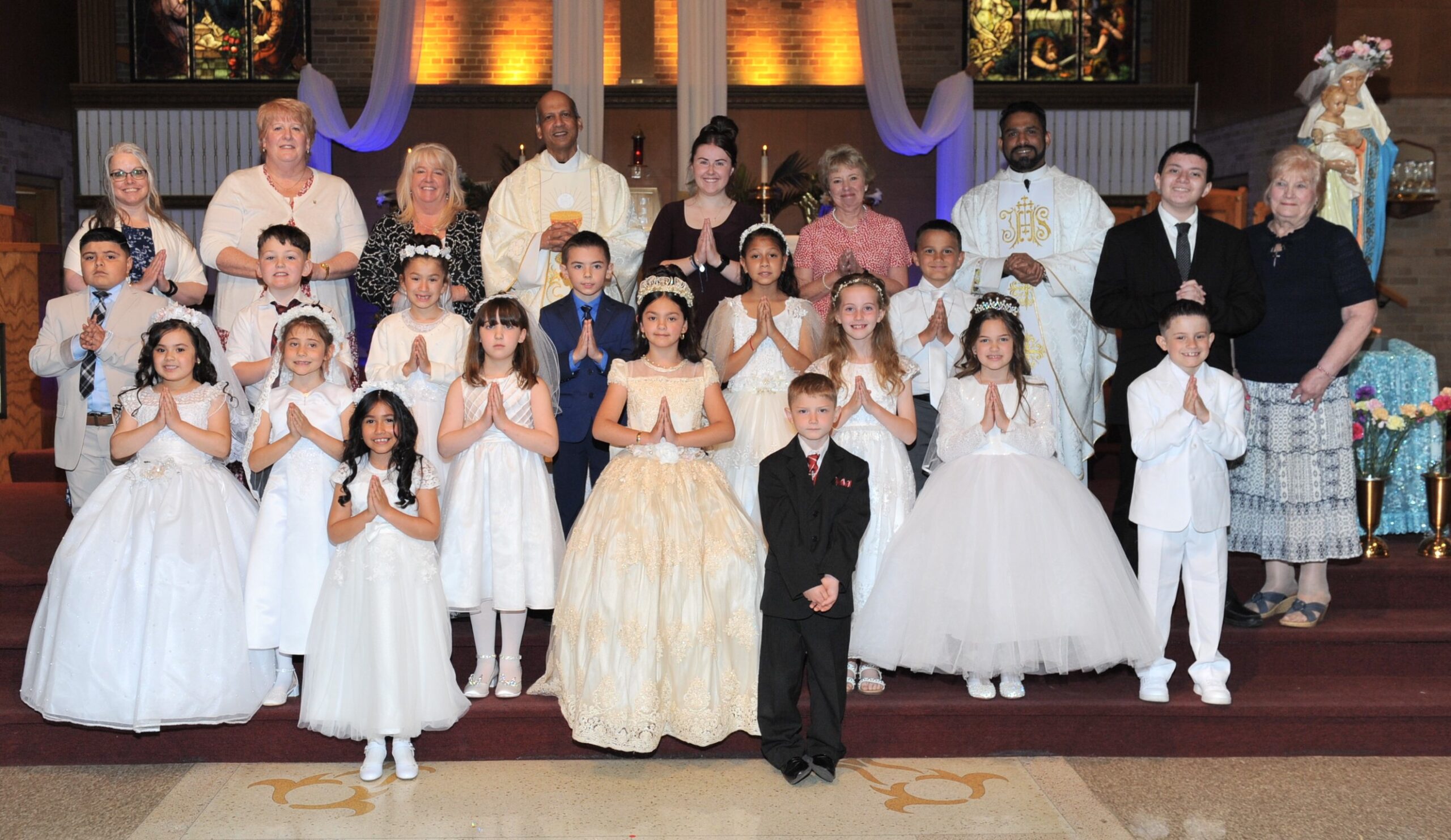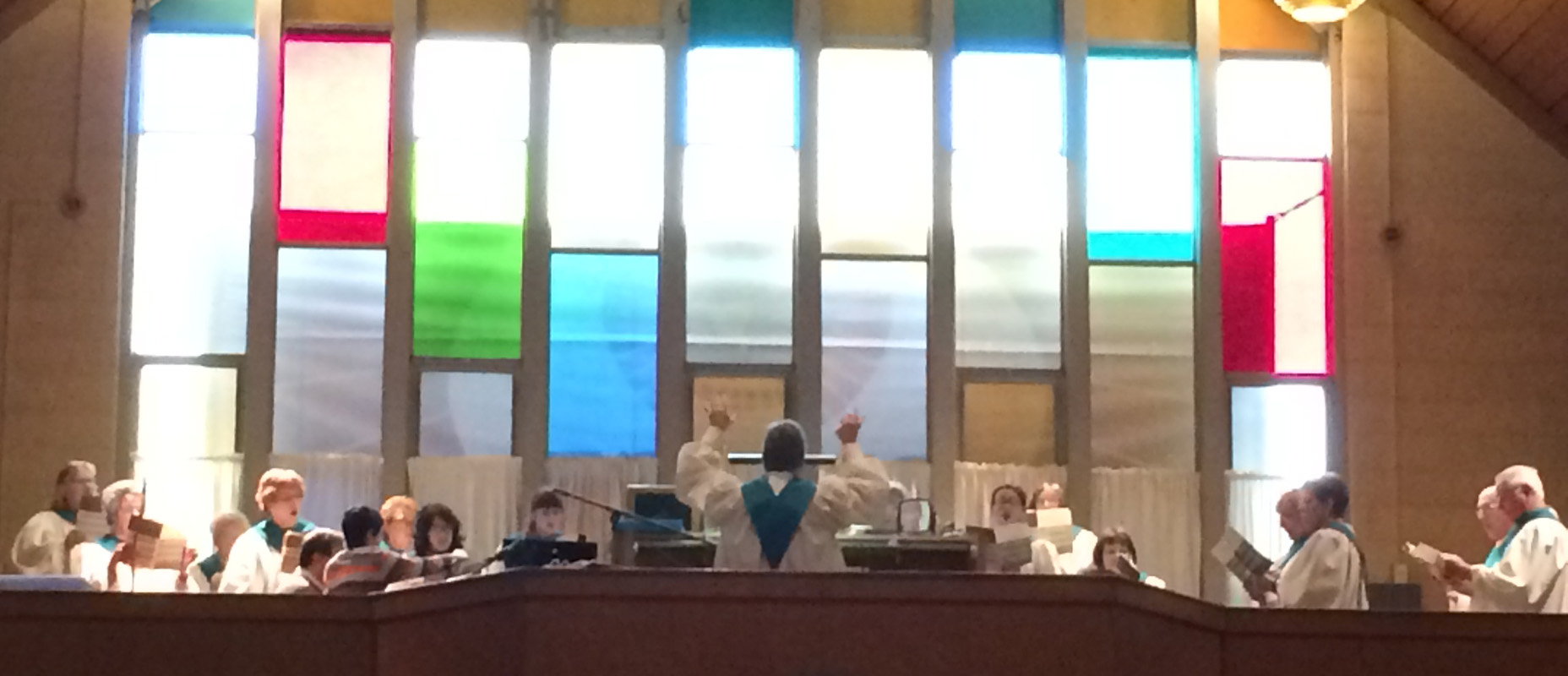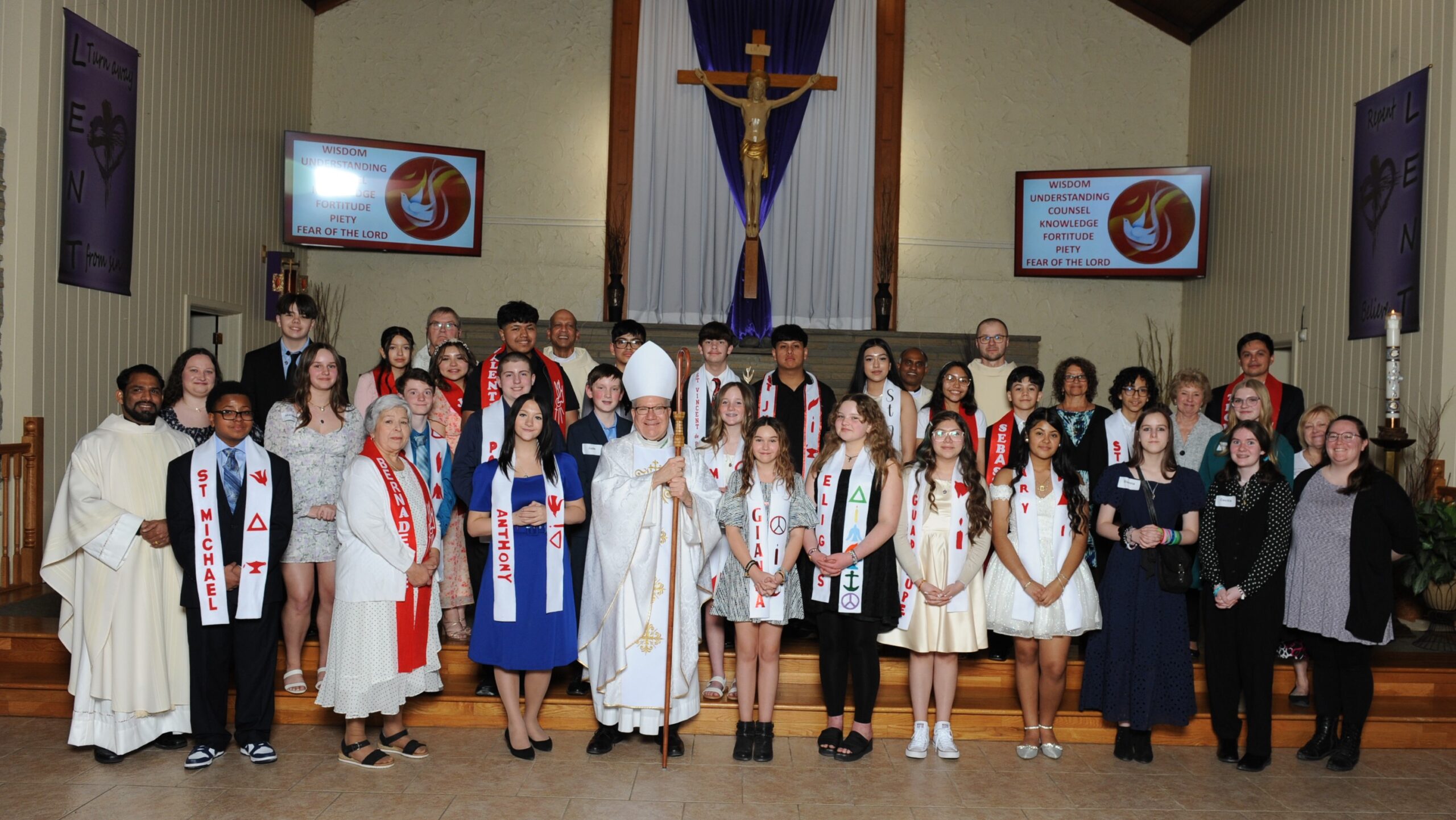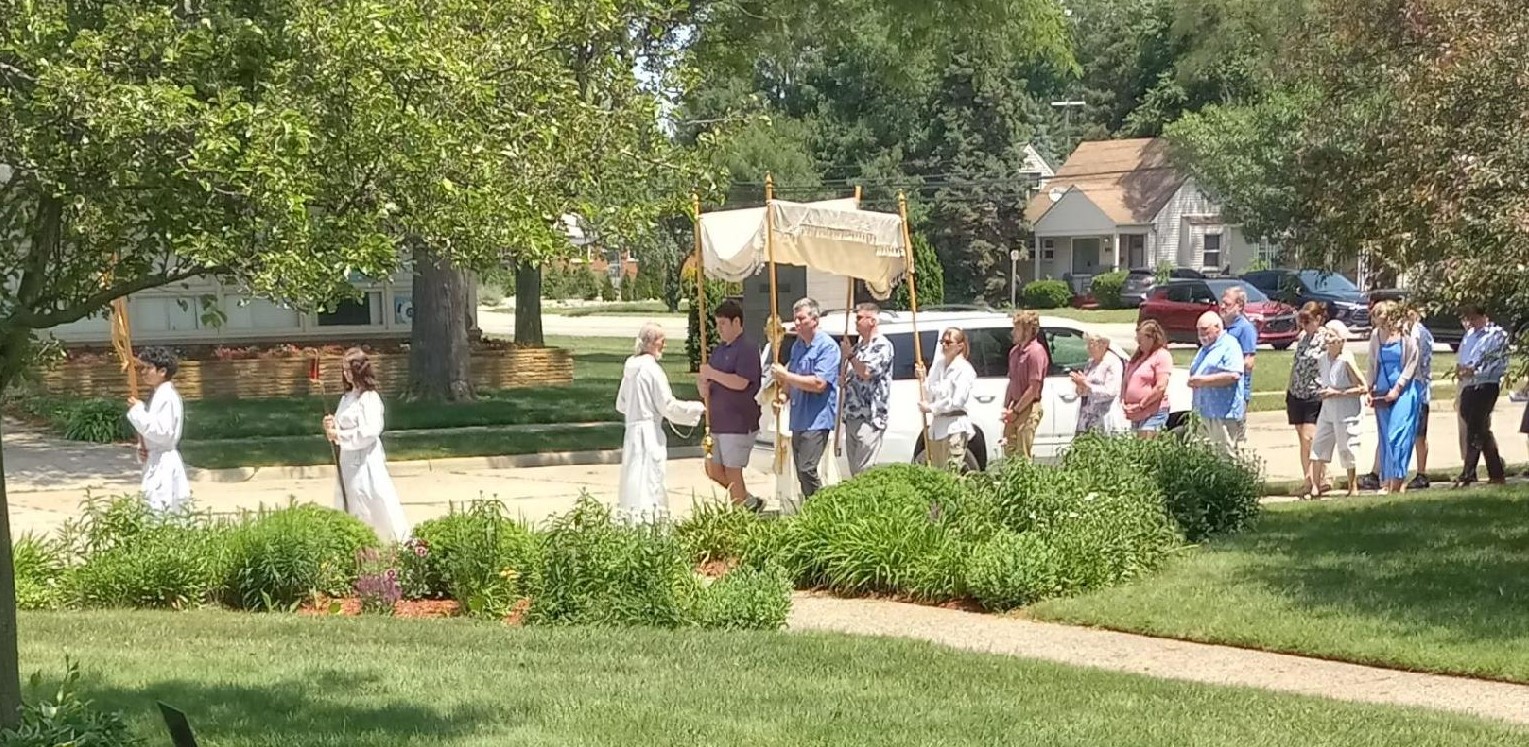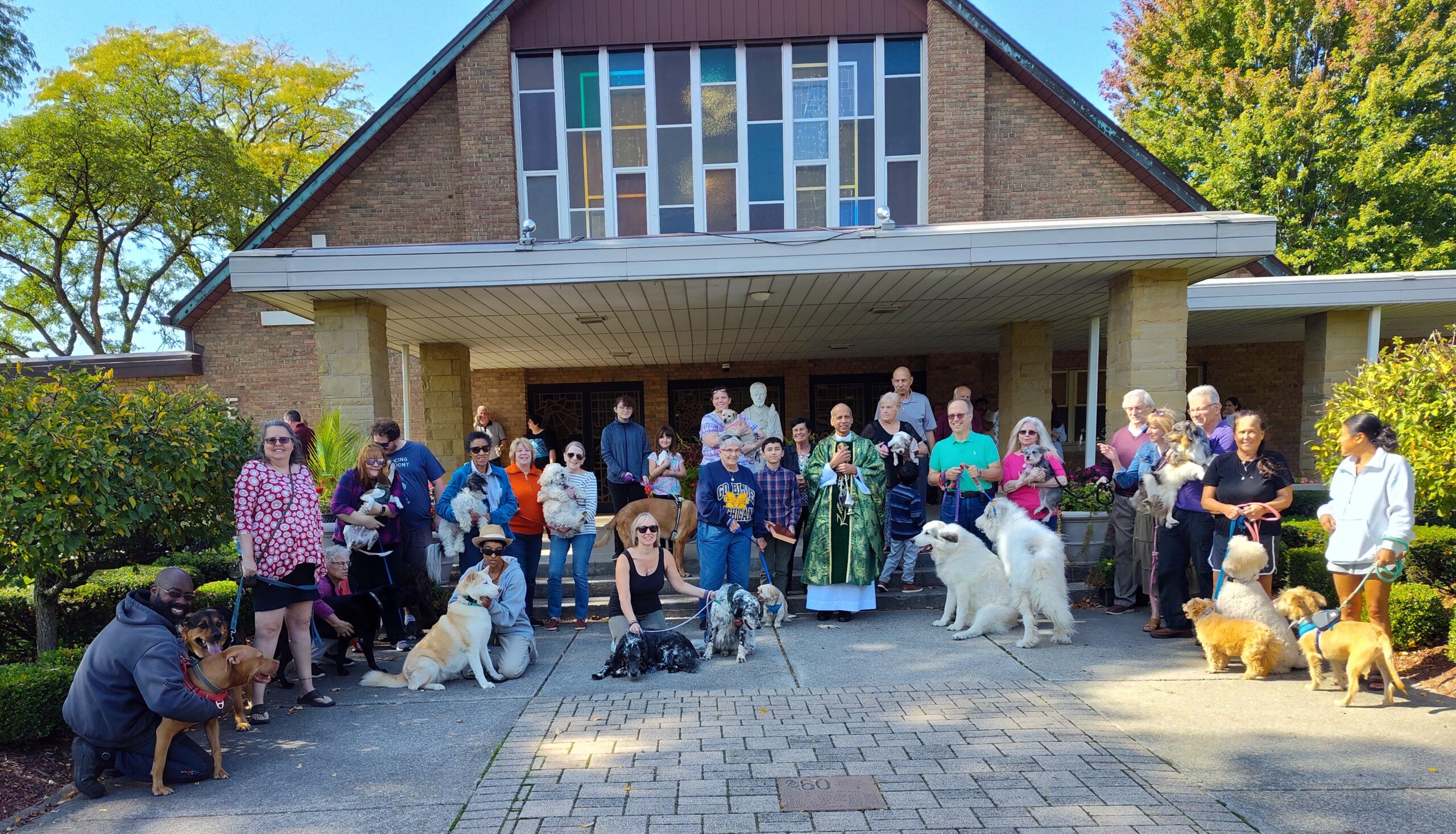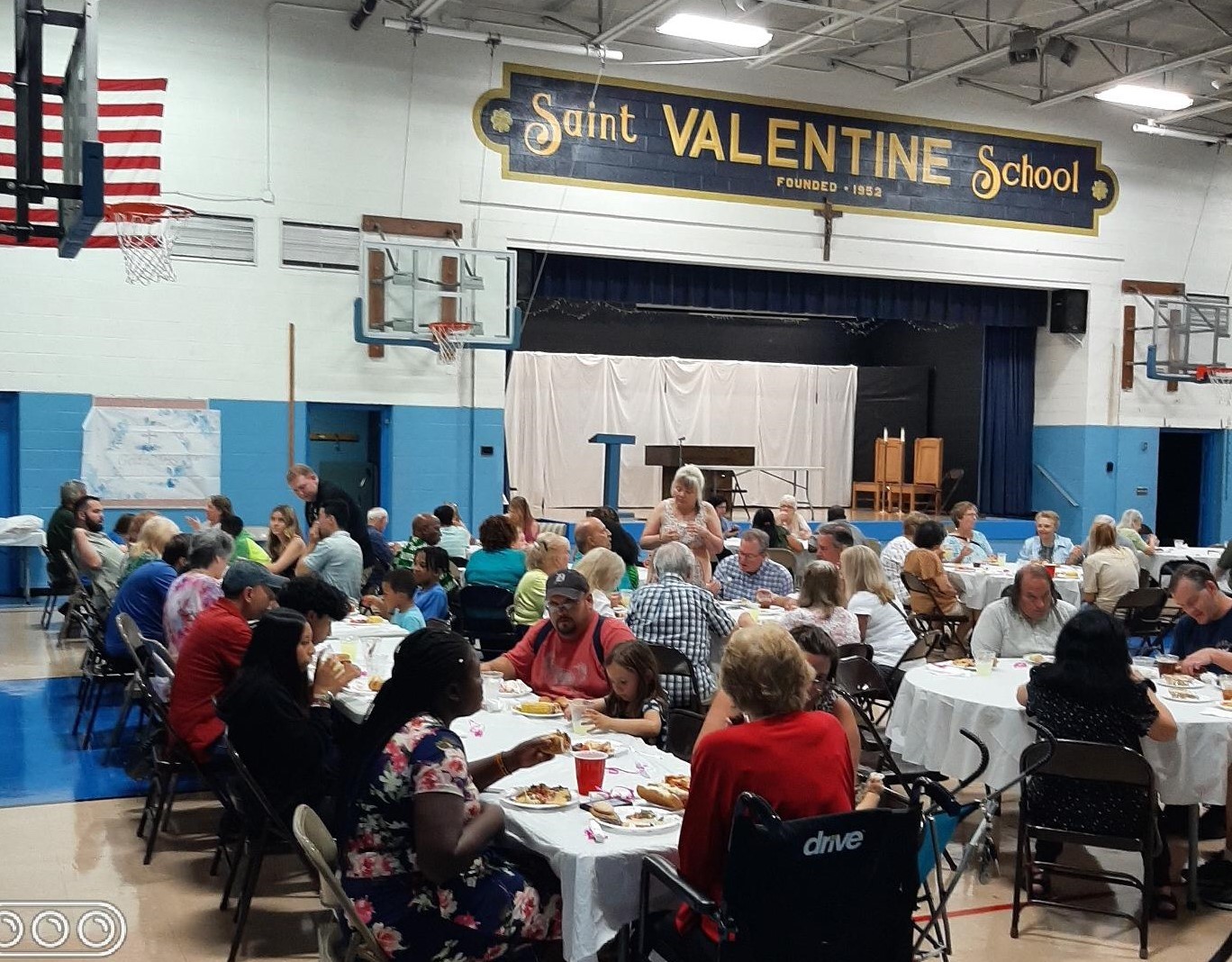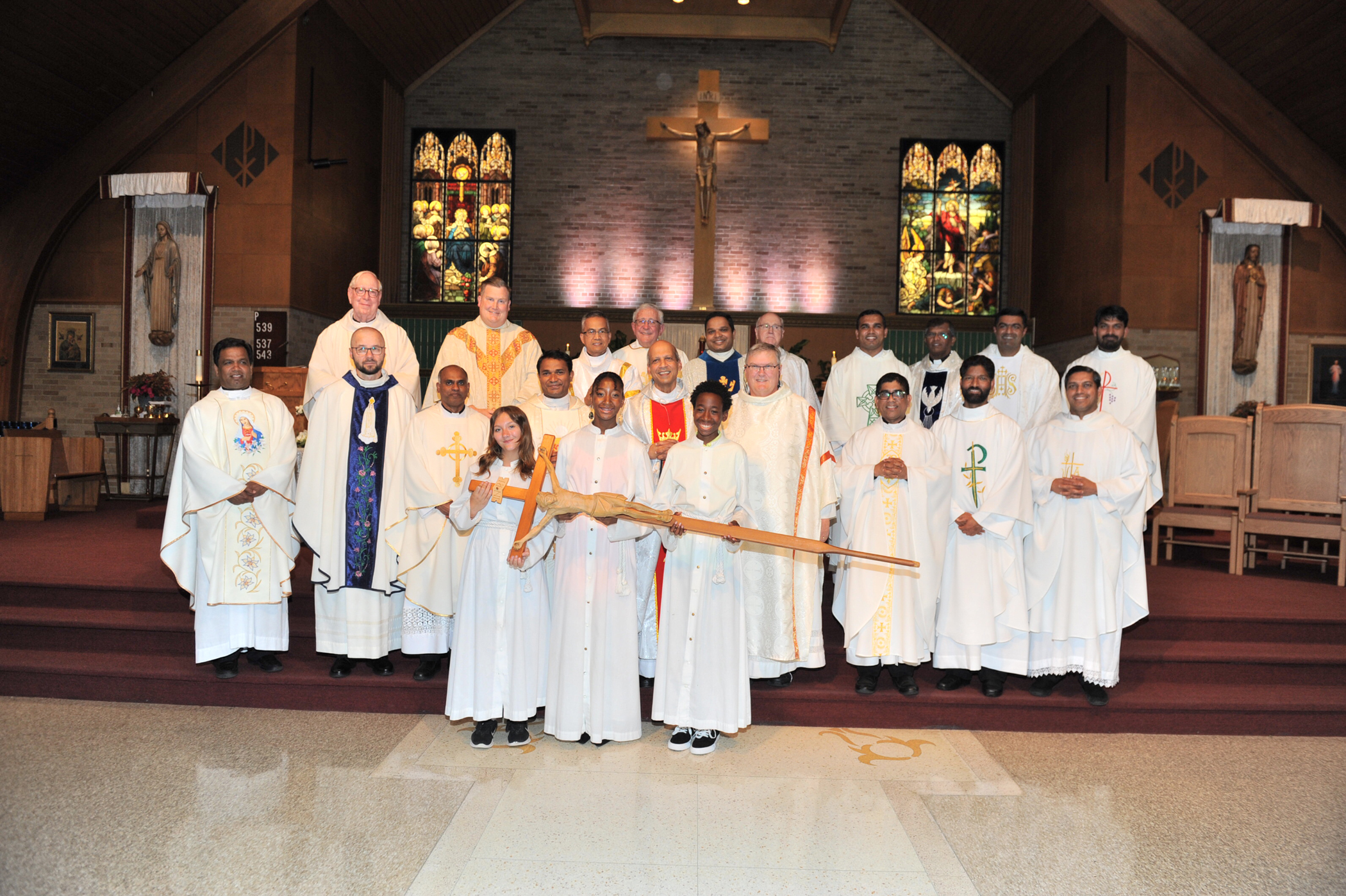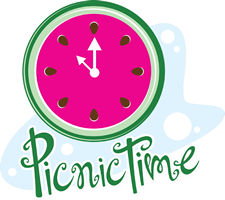Come Fall, we will begin the Religious Education classes for children on Monday nights at St. Valentine. It brings to my mind the assumption that parents are their children’s primary teachers in faith formation. Do parents really understand the implications of their part of their vocation? Are they succeeding?
Being a parent can be a daunting task, even in the best of situations. In today’s society, a parent has to deal with many challenges such as; the media, technology and many other issues. As parents, we are responsible for the morals and faith formation of our children. Some parents are unaware of their duties as primary teachers and models of faith within their homes. Some parents seem to think that their role in the faith formation of their children is to take their children to church for the sacraments such as Baptism, Communion and Confirmation – and relinquish their duty to the priest, and the Religious Education teachers who instruct their children on the basic doctrine. Such parents have a sense that this ends with Confirmation.
I have known many parents who do not settle for this minimalist approach. These are the parents who are conscious of their ongoing responsibility as primary educators in the faith for their children. These parents have taught their children at home to pray and actively participate in the mass. They trust their parish community to assist in the nourishment and development of their faith in the celebration of the Eucharist. They also avail themselves of other family activities and outreach service programs.
Our parish offers positive examples but often they are countered by the complex challenges that confront the families daily. What can we do? How can we catechise parents? How can we catechise their children?
The Catechism of the Catholic Church teaches … “Parents have the first responsibility for the education of their children. They bear witness to this responsibility first by creating a home where tenderness, forgiveness, respect, fidelity, and disinterested service are the rule. The home is well suited for education in the virtues. Parents have a grave responsibility to give good example to their children. By knowing how to acknowledge their own failings to their children, parents will be better able to guide and correct them.” (CCC 2223) (Catechism of the Catholic Church)
“Education in the faith by the parents should begin in the child’s earliest years. This already happens when family members help one another to grow in faith by the witness of a Christian life in keeping with the Gospel. Family catechises precedes, accompanies, and enriches other forms of instruction in the faith. Parents have the mission of teaching their children to pray and to discover their vocation as children of God. The parish is the Eucharistic community and the heart of the liturgical life of Christian families; it is a privileged place
for the catechises of children and parents.” (CCC 2226).

